Digital textbook deals spark controversy
Critics say automatic subscriptions to online course materials are a commercial cash grab that limits students’ choices.

It’s an American trend that’s slowly gaining attention — and controversy — in Canada. Instead of buying new or used textbooks, or independently purchasing a digital licence, students are being automatically enrolled in fee-based subscription services to access their textbooks and course materials online.
Found in only a small number of Canadian universities so far, including Wilfrid Laurier University in Waterloo, Ont. and MacEwan University in Edmonton, these automatic textbook enrolment programs (which go under a variety of names) typically give students temporary access to the materials, at a discounted price, for at least the duration of their course and sometimes longer. Students pay for the program either through their tuition or through an extra fee. At Laurier, students can opt out before a set deadline, the most common approach, while at MacEwan, students have to opt in.
“Student success — that was the driver,” said Mike Zybala, director of The HawkShop, Laurier’s campus store which oversees its automatic textbook enrolment program, dubbed “digital textbook access” (DTA). The HawkShop claims DTA generally costs students less than buying course materials on their own due to its scale, and that it has saved students more than $15 million since its start in 2015, while solving the associated problem of some students never acquiring their required course materials at all.
But critics say such programs restrict choice for both faculty and students, can be more expensive than other alternatives, and may put students’ data at risk. “Our main concern is that the framing of the program [suggests that it’s] for students, but yet at every turn, student representatives have indicated a lack of support towards it,” said Pedro Almeida, president of the University of Alberta Students’ Union. The University of Alberta plans to roll out a “first day access” program in fall 2026 which would charge a single flat fee to almost all undergraduates, not just those in specific courses, for digital access to their course material. There is an opt-out option, and students with no online required material are automatically exempt. University spokesperson Nisa Drozdowski said the program is intended to be a “transitional initiative” while the university “expands adoption” of low and no-cost course material programs such as open educational resources (OER).
Laurier lauds leasable literature
The automatic textbook enrolment program was chosen at Laurier, Mr. Zybala explained, because of concerns about textbook affordability, a perennial complaint, as well as students sometimes obtaining materials illegally. Since its launch, with only six courses participating, it has “just grown and scaled,” expanding “exponentially” during the pandemic, Mr. Zybala said. The program is now found in nearly every discipline, with a particular concentration in first- and second-year courses where textbooks are most common.
Faculty still choose which materials they want to use, whether from the program or not, and students are charged only for participating courses. The automatic textbook enrolment program “makes things very easy for students,” Mr. Zybala said, because there’s nothing more for them to do than click links in their learning management system to access the materials. “Both faculty and students have kind of embraced the program.”
Librarians warn of drawbacks
Some librarians have been watching developments around automatic textbook enrolment with rising alarm. The Canadian Association of Research Libraries (CARL), representing 29 of the country’s major academic libraries, issued a position statement in 2024 discouraging institutions from adopting this type of program. CARL argued that automatic textbook enrolment programs restrict students’ freedom to choose how to acquire their learning materials, including physical or digital books that they can keep after their course ends. The statement points out that automatic textbook enrolment can be more expensive than other options; may put student data at risk; create practical limitations on faculty’s freedom to use different learning materials, including OER; could limit Canadian content; and sideline library resources that students already pay for.
“We’re just saying, ‘Be careful about this,’” said executive director Susan Haigh, who objects to publishers’ use of terms like “inclusive access” and “equitable access” to describe these for-profit programs that may put a financial burden on some students. “It bears consideration with your eyes open because there are commercial interests that are at play in this.”
When is an option not really an option?
Even though most programs offer the choice to opt out, doing so can be complicated, says Hailey Babb, a former student union executive member at the University of Lethbridge and now an open education project manager with SPARC, a U.S.-based non-profit promoting open access to scholarly knowledge. Automatic textbook enrolment programs can make student workarounds virtually impossible because textbooks are often bundled with homework questions and assessments, uniquely coded for each student. (To be clear, Ms. Babb does not condone illegal means of acquiring digital textbooks online, which is only one such workaround students use.) Meanwhile, it has become increasingly hard, if not impossible, for libraries to get print copies of many of those textbooks or to purchase digital lending licences from publishers at a reasonable price.
“This has a pretty strong hold in the U.S. right now and we’re seeing it sort of creep into Canada as well,” said Ms. Babb, whose organization maintains the website inclusiveaccess.org to educate people about the risks. She said she saw a big boost in participation during the pandemic. “We don’t fault faculty for doing what they had to in the moment to make it work. But I think some of the dangers are now that a lot of institutions are now locked into these contracts that are long-term and it’s difficult to switch back.”
Publishers push for online licensing
The Canadian Publishers’ Council (CPC), which represents most major Canadian publishers, maintains that automatic textbook enrolment programs reduce costs for students. It has advocated to the Ontario government, so far unsuccessfully, that the model be explicitly mentioned in its educational materials directive to postsecondary institutions. The directive already mentions open educational resources among the “best practices” that are “in the interest of students.”
But CPC executive director Leigh-Anne Graham argues that “free isn’t always best” from a learning perspective. “Just because students have access to content doesn’t mean they’ll get value out of it,” she said. “It’s how they use it and how it intersects with teaching.” Digital courseware that integrates text, dynamic examples, exercises and assessments allows instructors to quickly see how many students are understanding a concept and to adapt their teaching accordingly, Ms. Graham said. However, she acknowledged that there is still “some work to do,” to ease people’s concerns about the model.
Brock takes a pass
Automatic textbook enrolment has been discussed at Brock University in St. Catharines, Ont., but “I think we see the challenges and we’re not interested in going down that route,” said Rajiv Jhangiani, the university’s vice provost, teaching and learning, who is a strong proponent of open education practices. While Dr. Jhangiani doesn’t think automatic enrolment programs are widespread at Canadian universities, efforts to market them continue, he said, and university communities need to pay attention.
“Decisions that affect teaching and learning practices need to involve academics and faculty members at the table,” he said; otherwise, it will “set off a bit of a time bomb within the institutions, effectively, because it’ll come up if you haven’t thought of it yet”.
Featured Jobs
- Canada Impact+ Research ChairInstitut national de la recherche scientifique (INRS)
- Soil Physics - Assistant ProfessorUniversity of Saskatchewan
- Director of the McGill University Division of Orthopedic Surgery and Director of the Division of Orthopedic Surgery, McGill University Health Centre (MUHC) McGill University
- Anthropology of Infrastructures - Faculty PositionUniversité Laval
- Engineering - Assistant Professor, Teaching-Focused (Surface and Underground Mining)Queen's University




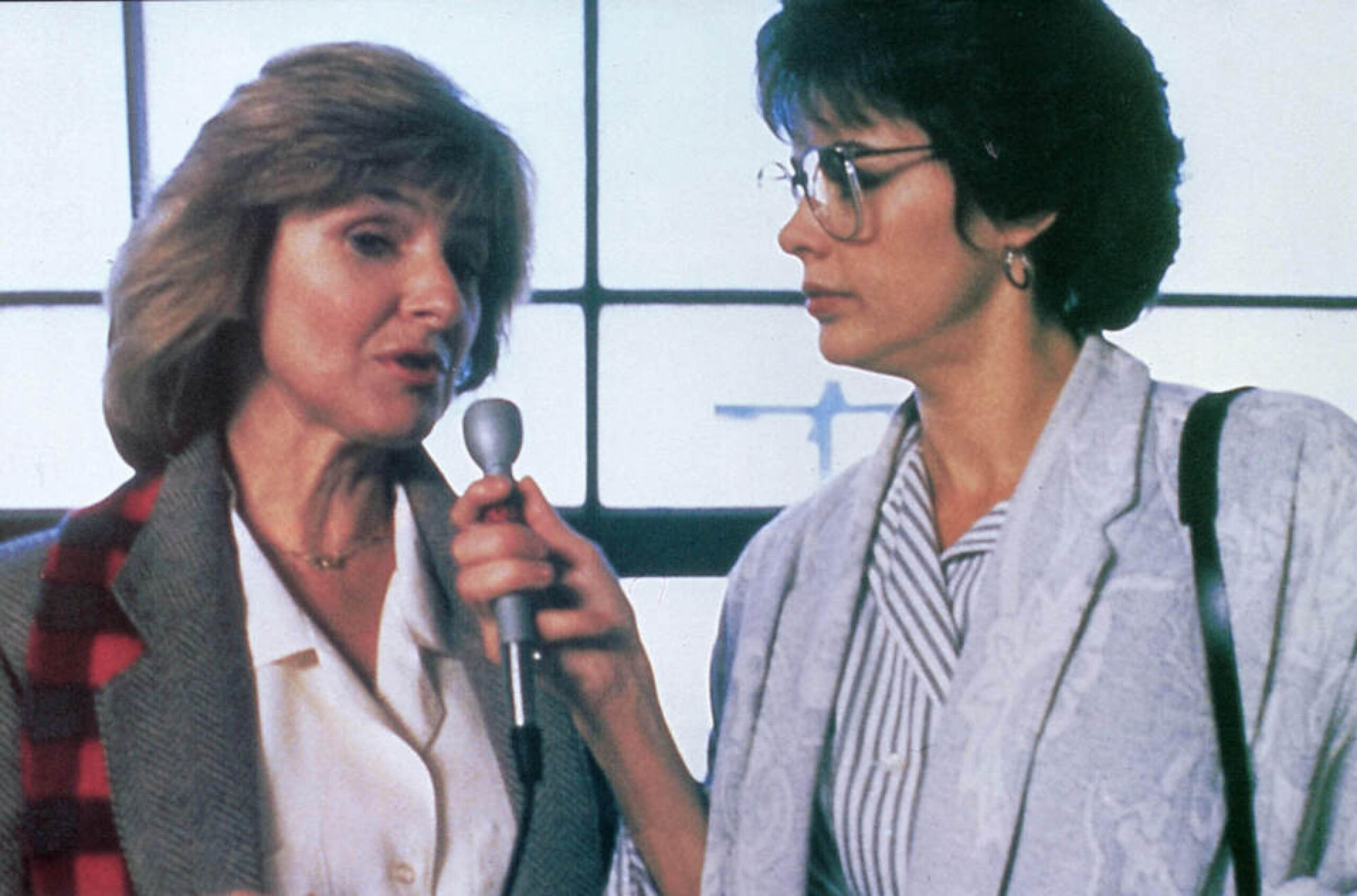
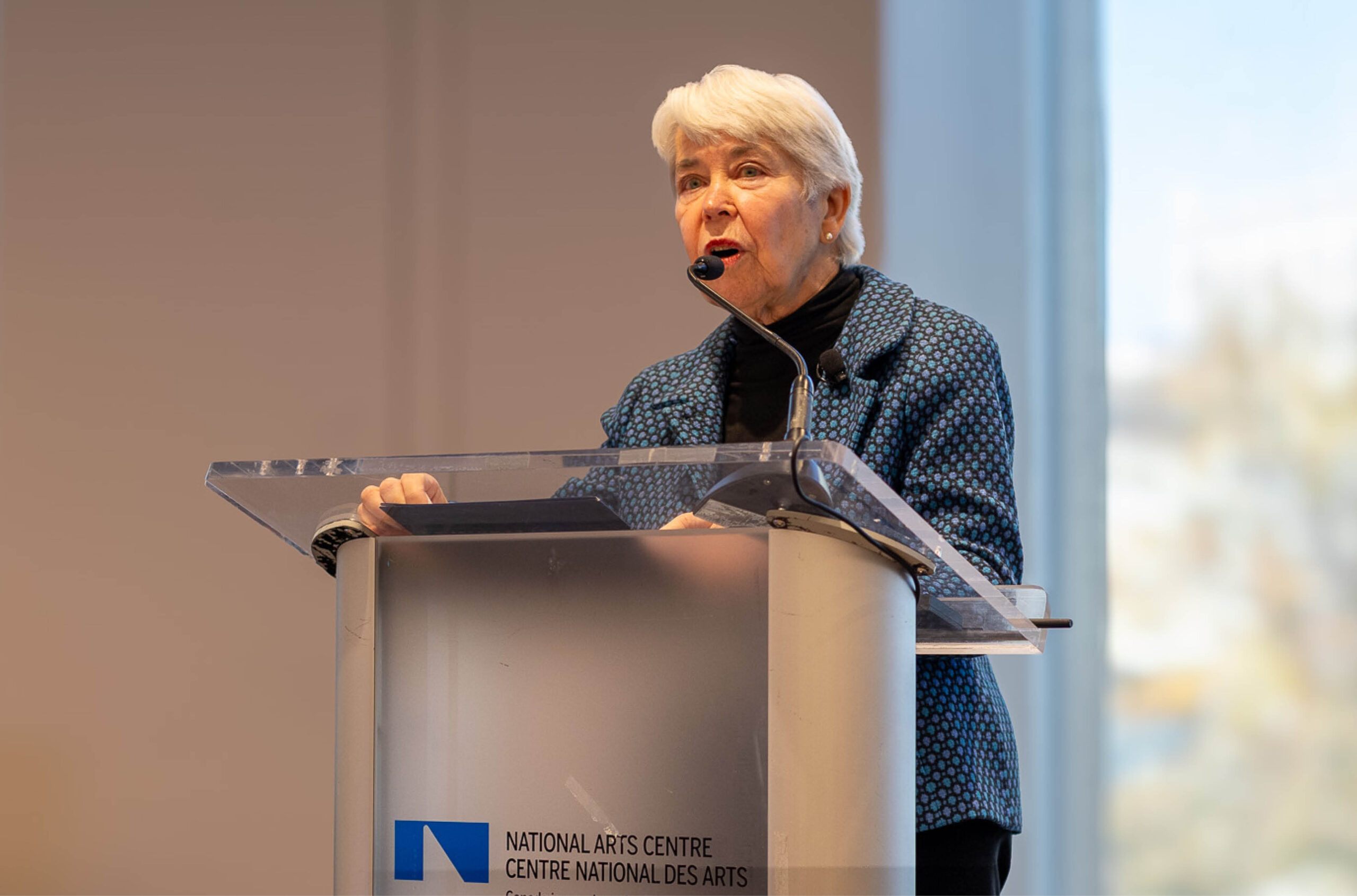
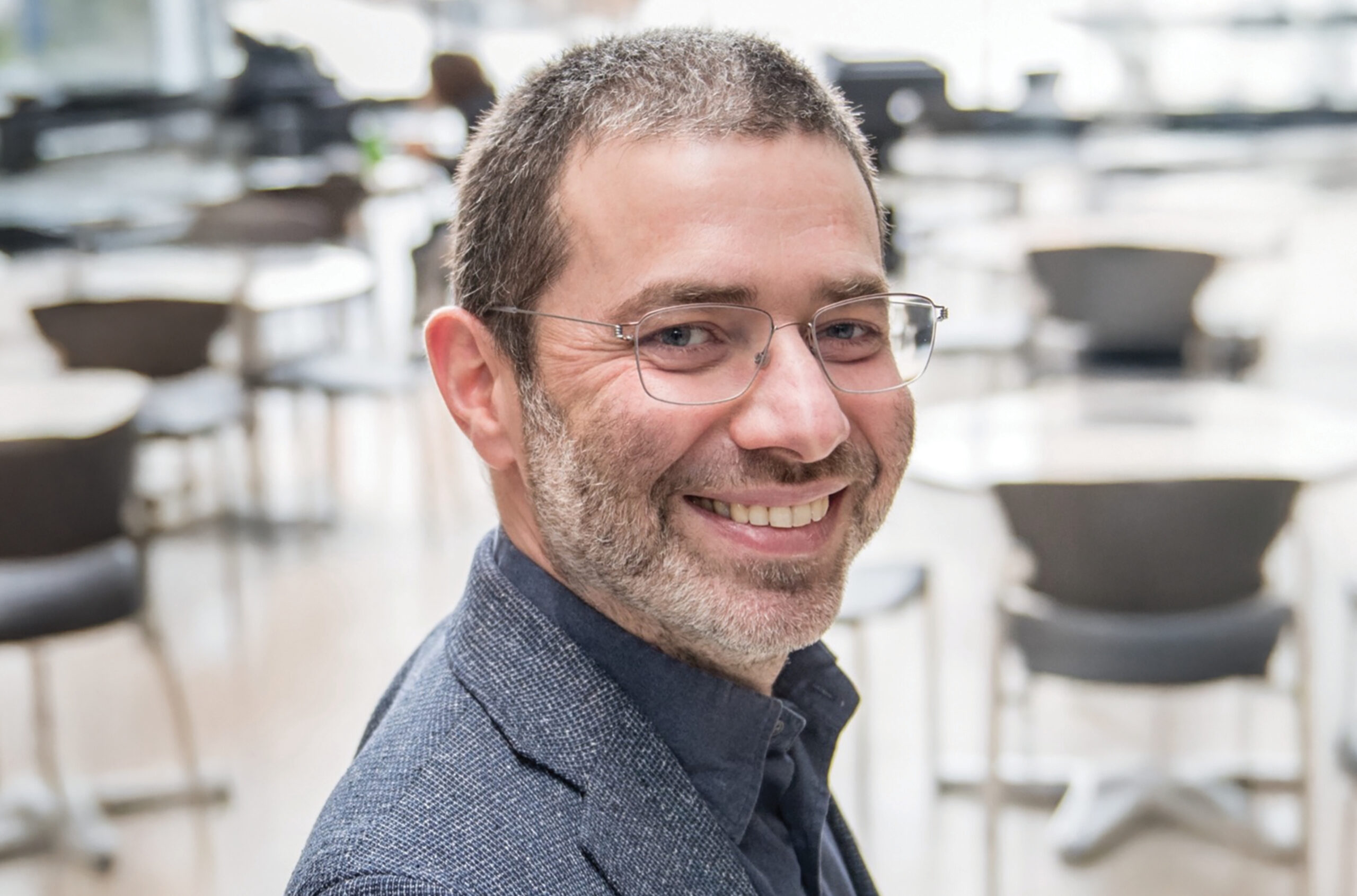
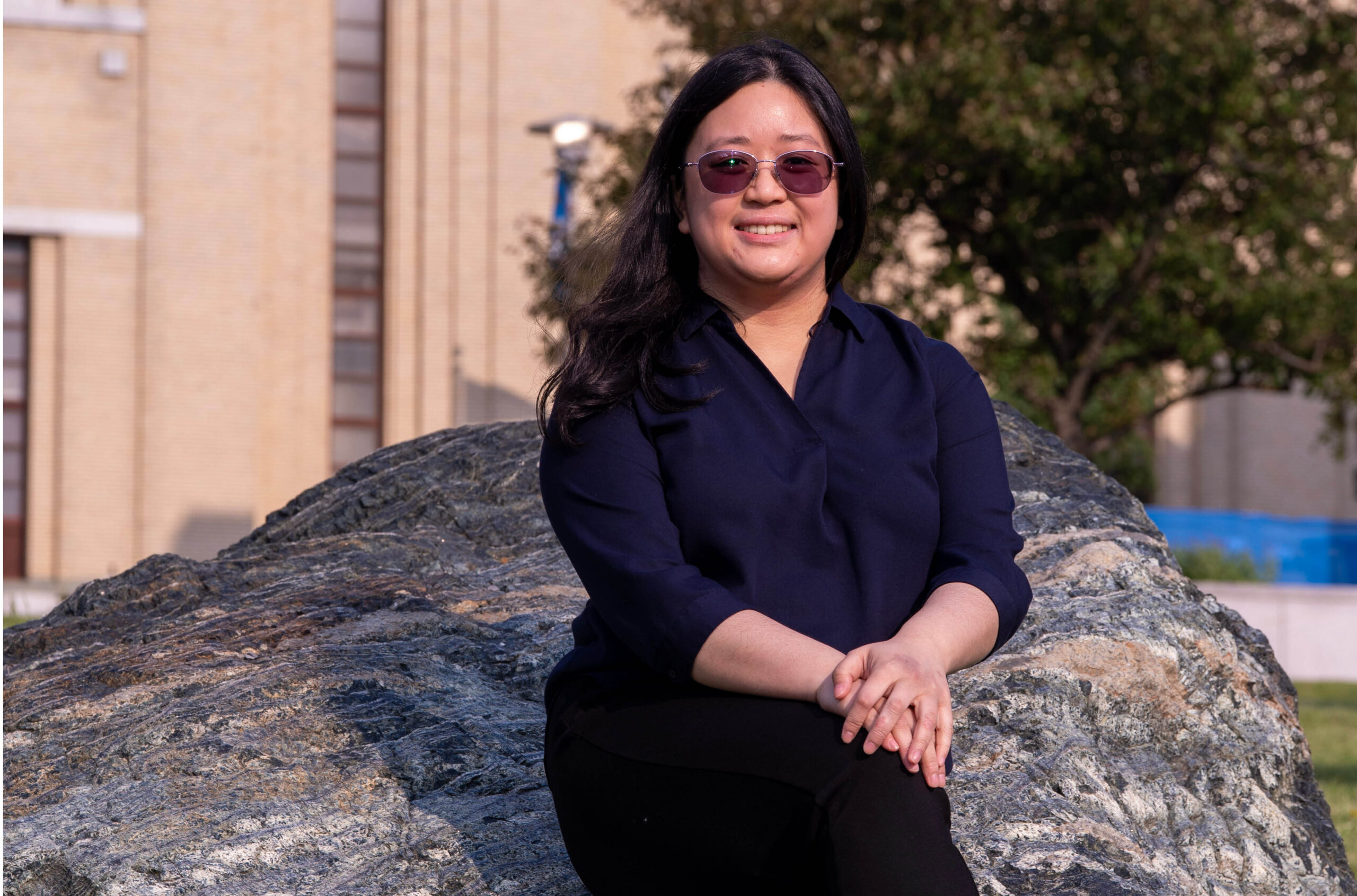






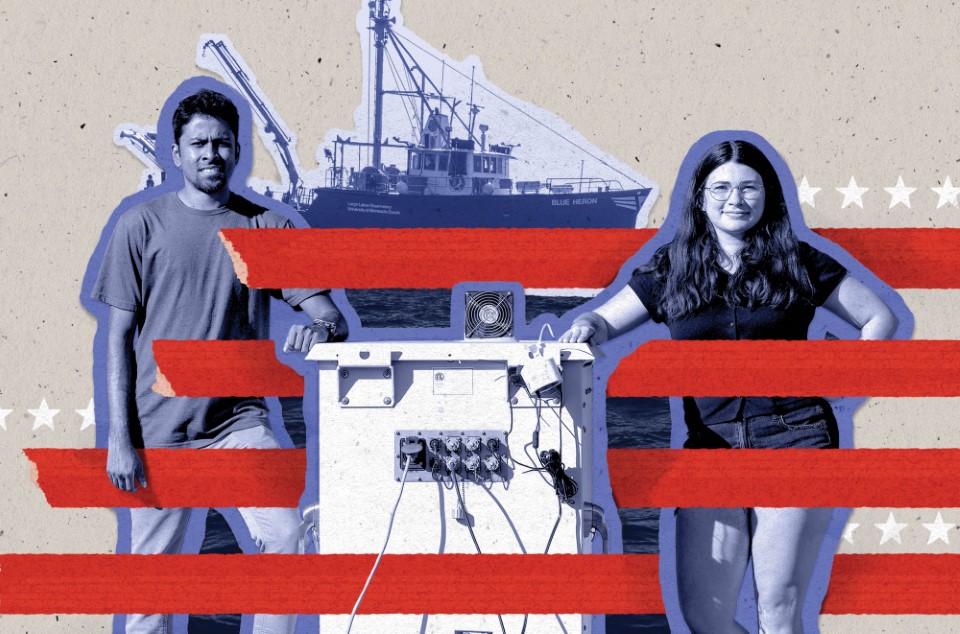
Post a comment
University Affairs moderates all comments according to the following guidelines. If approved, comments generally appear within one business day. We may republish particularly insightful remarks in our print edition or elsewhere.